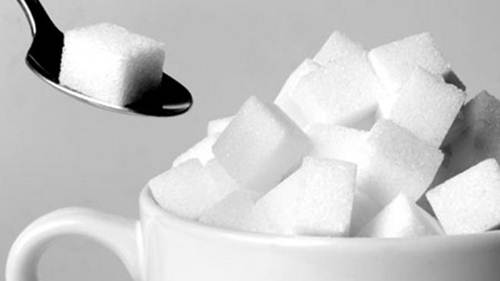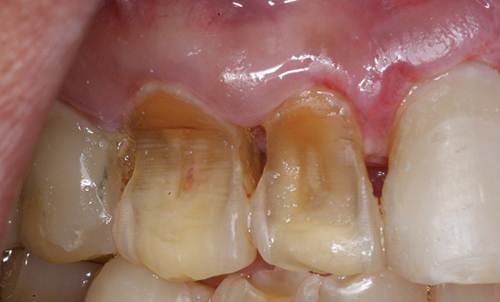
5 Harmful Effects of Sweets to your Teeth
Sweets are hard to resist. It’s one of those guilty pleasures that we all love to indulge in. A meal is not complete without a dessert and one of the comfort foods we run to are chocolates. There seems to be no shortage of excuses in terms of defending our need to satisfy our sweet cravings with Flavourful Ice Cream, Enticing Cakes and Candies. However, these sugar-filled goodies can harm our teeth in more ways than one. As much as it is a treat to our taste buds, it is also a threat to our oral health. If you are a sweet tooth, Go Now to a dentist. Here are some of the bad effects of sugar that you need to be aware of.

Accumulation of bacteria. There are bacteria present in your mouth specifically the Streptococcus Mutans. This bacteria gain energy by consuming sugar. The more sugar you intake, the more the bacteria multiplies. It gradually becomes stronger, leading to the onset of cavities. The Streptococcus Mutans is the most cariogenic of all of the oral streptococci. Cariogenic simply means the degree by which a type of bacteria can cause tooth decay. This type sticks to the surface of your teeth and thrive on sucrose and carbohydrates. It consequently produces acids that destroy one’s teeth.
Acidic Environment. The basic thing you need to know about the sugar-tooth decay duo is that it’s not the amount of sugar you eat in a day that damages your teeth but the frequency. If you eat a big bar of chocolate then brush your teeth after is far better than eating small candies without brushing throughout the day. This is because your teeth will be continuously covered with acid that eventually dissolves your tooth’s enamel.

Acid erosion or dental erosion is the loss of tooth structure due to the acid produced by bacteria or acid found in sucrose-heavy drinks like soda and fruit juices.
Weakening of Teeth. When you allow your teeth to be immersed in acid due to your sugar indulgence, you make your teeth generally weak. Tooth decay can come sooner than expected. With cavities attacking your teeth regularly and intensively, you can expect that it will gradually destroy it. You wouldn’t want dentures knocking at your mouth’s doorstep at such young age. Lessen the intake of sweets and sugar and make sure you brush immediately after indulging.
Teeth Stains. Sweet drinks can be addicting. It’s accessible everywhere and it can give you a good boost of sugar rush during the day. However, drinking soda, juice, sweetened tea, and other sugar-loaded drinks can stain your teeth. The tint that soft drinks and juices carry will leave stains on your teeth over time. It can make your teeth yellowish or worse completely discolour it. Make sure that you immediately brush your teeth after you drink those. Having teeth stains can also be bothersome when communicating to other people.
Enamel Deterioration. Your tooth enamel is the hardest tissue in the human body. It is the thin outer covering that covers the crown of your tooth. It is the tough shell that protects your teeth from daily wear and tear that can happen with daily chewing, biting, crunching, and grinding. Despite being the hard protector of your teeth, it can also chip and crack. Once it breaks, it cannot be repaired or restored. It can also cause tooth pain. Acids from fruit drinks, soft drink consumption, and high-sugar foods are enamel breakers. These should be avoided at all costs to prevent your teeth protector from deteriorating.
| WHO recommend eat less sugar |
If avoiding sweets can be very difficult for you, make sure that you brush right after you eat them in order to combat the bad effects of sugar to your teeth. It’s not about the type of sugar that damages your teeth; it’s how often you eat it that causes corrosion in your teeth. Flossing and gurgling mouthwash will also help kill the bacteria and remove the acid in your mouth. Be mindful of your sugar intake and visit your dentist for general dentistry services to make sure that your teeth are protected from cavities and plaque.

Leave a Reply